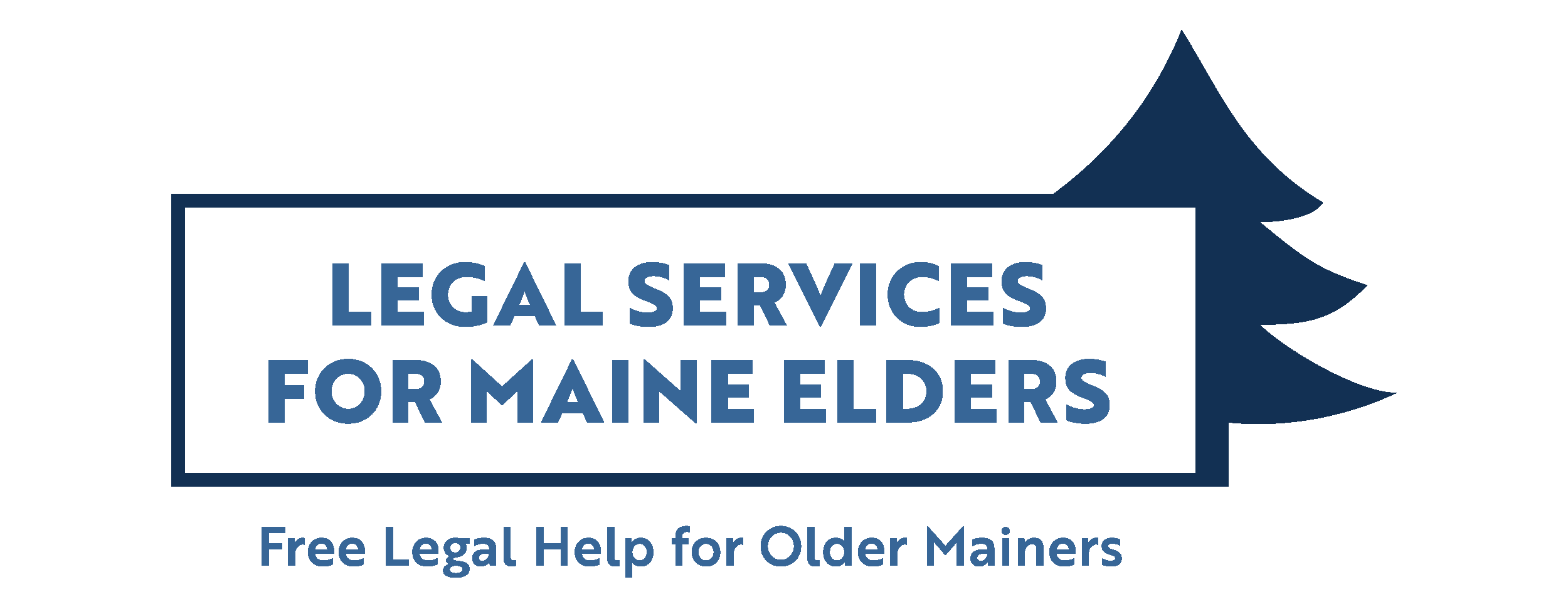Although it is difficult to think about your death, planning for it can be very helpful for your loved ones. This section will answer some basic questions about funeral plans.
- What funeral plans should I consider making?
There are a number of decisions you can make when pre-planning your funeral. The first step is to decide what you want to have happen to your body after your death. Whatever decision you make will help guide you through the rest of your planning.
Once you have decided what you want to have happen with your remains, you should consider if you want a ceremony and if so, what kind of ceremony you would like. If that ceremony includes the use of a funeral home and/or cemetery, it is important to consider your options. You should shop around and find a funeral home that fits your needs and gives you the best value. Start by researching what is available in your area and go visit the funeral homes. It is a good idea to bring someone with you when you visit, and do not sign anything on the first visit!
Funeral directors are required by federal regulation to provide you with specific pricing information upon request. Ask the funeral director to give you a “General Price List.” You may be surprised to find big price differences, so compare these lists and choose the best option for you.
Whatever you decide, keep a copy of all your paperwork and write down any wishes you have about specific things. Share this information with your spouse or a close friend or relative so they can make sure your plans are put into effect. You can include your funeral and burial plans in your estate plan and can direct your Personal Representative to act in accordance with your wishes. For more information on Wills and Personal Representatives, see the section of this chapter titled “Wills”.
- What is a Mortuary Trust?
A Mortuary Trust, or Pre-Paid Funeral Contract (also called a “Pre-Need Funeral Arrangement”) is an agreement between a purchaser (payor) and a funeral home that acts as a trustee (keeping the funds safe for their final use). The purchaser may or may not be the person who receives the funeral goods and services at death (beneficiary).
A Pre-Paid Funeral Contract can save you money if certain prices are guaranteed. Some prices may not be guaranteed, so read the Contract carefully. Ask questions if you are unsure about any part of the contract.
There are laws that apply to Mortuary Trusts. These laws are in place to protect the purchaser. Even so, it is very important that you read the entire contract before you sign it. Better yet, before you sign, have the funeral home fill in the guaranteed prices. Then, take the contract home to look it over.
Some advantages of a Mortuary Trust are:
- Many prices are guaranteed;
- Making decisions ahead of time with a clear head may help you avoid excessive expenses that come with high-pressure sales talk;
- A Mortuary Trust is an exempt asset under MaineCare up to a certain dollar limit. This means the money in the Trust may not count in determining Mainecare eligibility.
Some disadvantages of a Mortuary Trust are:
- They are often not revocable (you can’t get your money back). However, you can transfer the Trust to another funeral home;
- You may not be able to transfer the Trust to another state. If the beneficiary moves and dies in another state, additional expense may be added;
- If you decide to change from a higher cost burial to a lower cost cremation, you will probably lose money by being “locked into” the earlier Contract.
- What if I want to be an organ donor?
Any Maine resident aged 16 years or older may become an organ donor by adding their name to the organ donor registry. Becoming an organ donor requires only a few simple steps and can be completed online, or if you prefer, you can visit you local Bureau of Motor Vehicles branch office to sign up in person. To join the registry and become an organ donor, visit the organ donor registry by clicking here.
- Resources
Funerals: Consumer Rights Under the Funeral Rule
For a great overview of the entire funeral and burial planning process, including a summary of legal protections available to you, visit the Federal Trade Commission’s website and review the article “Shopping for Funeral Services,” available by clicking here.MaineBureau of Motor Vehicles
For more information about organ and tissue donation in Maine, visit the Maine Bureau of Motor Vehicles website available by clicking here.To join the registry and become an organ donor, visit the organ donor registry available by clicking here.
Or visit your local Bureau of Motor Vehicles Branch office and complete the forms in person.
